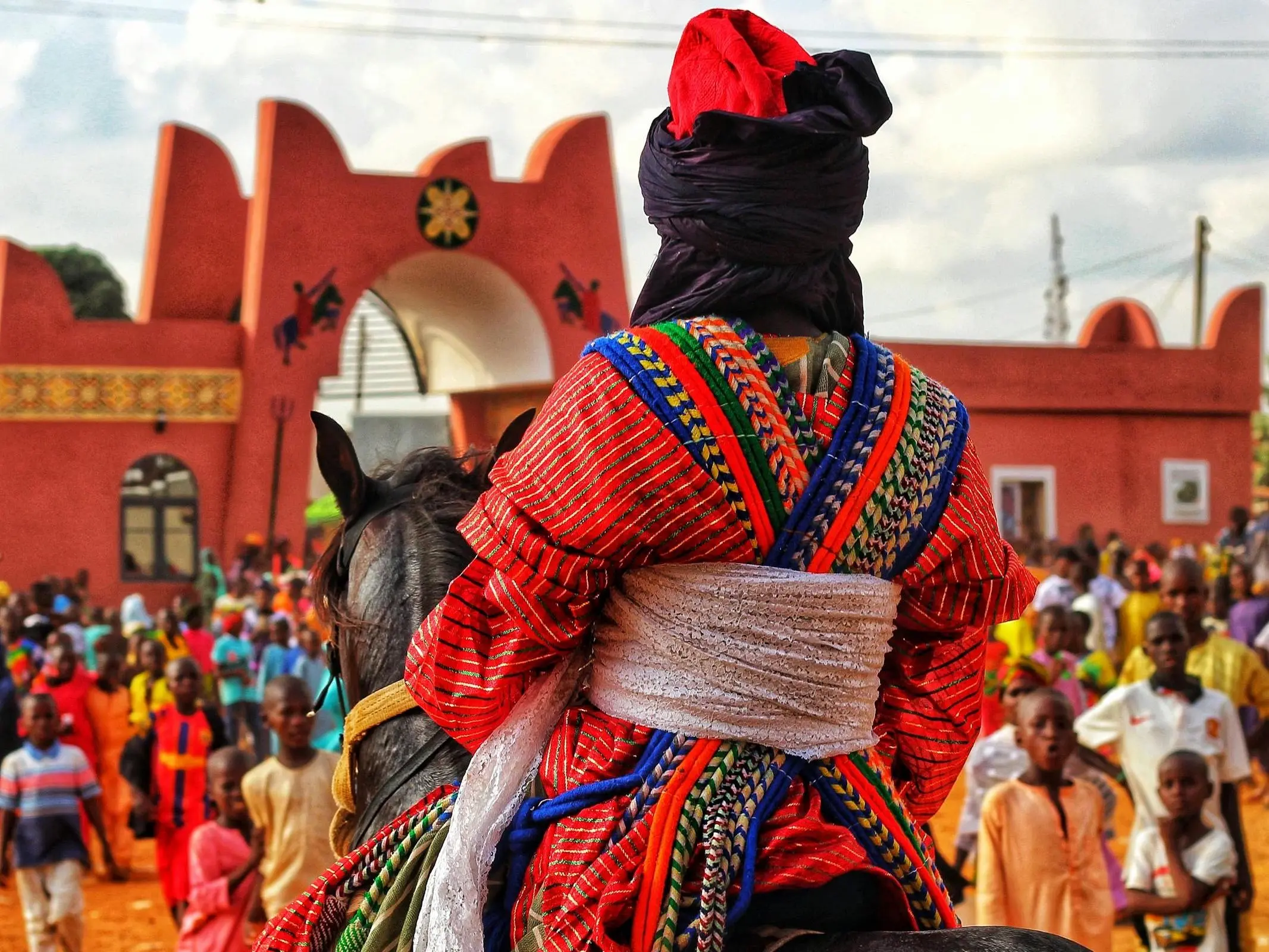
As we update the site, our breeds section has already had a major overhaul and we are still adding new information, images and videos for each breed. Today we wanted to share breeds from Nigeria, which includes some new breeds.
Reliable Information
There is very little documentation (in English anyway) about the breeds for many of the African countries and Nigeria is no different. There are over 250 ethnic groups that speak 500 languages in the Nigerian state and many of them use horses. Such diversity is probably one of the reasons there are no centralized studbooks and as breeding is not controlled, there are no official sources of information. While horses are found throughout the country, much of the old horse cultures seem to come from the north.
A Lifeline
In 2016 a report was done on the Genetic Analysis of Nigerian Horses Using Microsatellites which identified four distinct breeds, Hausa, Sulebawa, Bornu and Bhirum horses. The report isn’t very long and the study tested only 31 animals. A sample size this small is not likely to be representative of such a diverse country. Interestingly they did find a high level of genetic variation (which makes our research more confusing) but most are in some way related to the Barb.
Probably More to Find
There is information online about other breeds/types found in Nigeria, so whether there are more breeds or simply different types found within the main four breeds is not clear. For example, the limited information we were able to find about the Sulebawa said they were also called Hausa horses, which are given as two distinct breeds in the report. For now, we’ve combined the two as this independent source had quite a lot of details about the animals themselves. If we can find more reliable information, we’ll post it!
Meet the Breeds of Nigeria
Hopefully the study above inspires a closer look at the horses found in the country. Animals mainly seem to be used for riding, racing and ceremony in Nigeria.
A Sorry Bunch
Sadly the images of many of the African animals are not what we would like to share. A large percentage of them are too thin, overworked and covered in sores. A sad truth, but one that is a reality in many parts of the world.
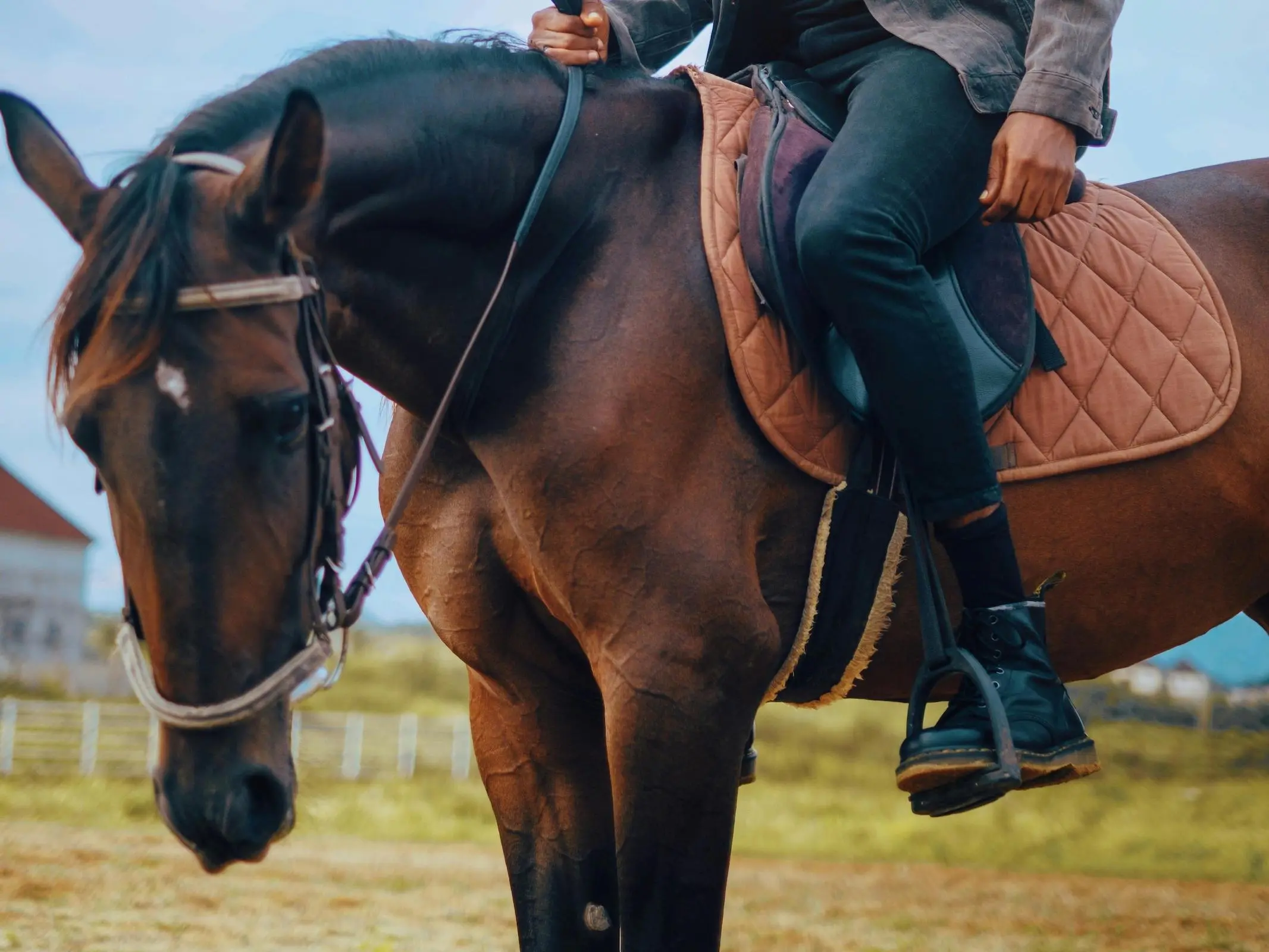 Arewa
Arewa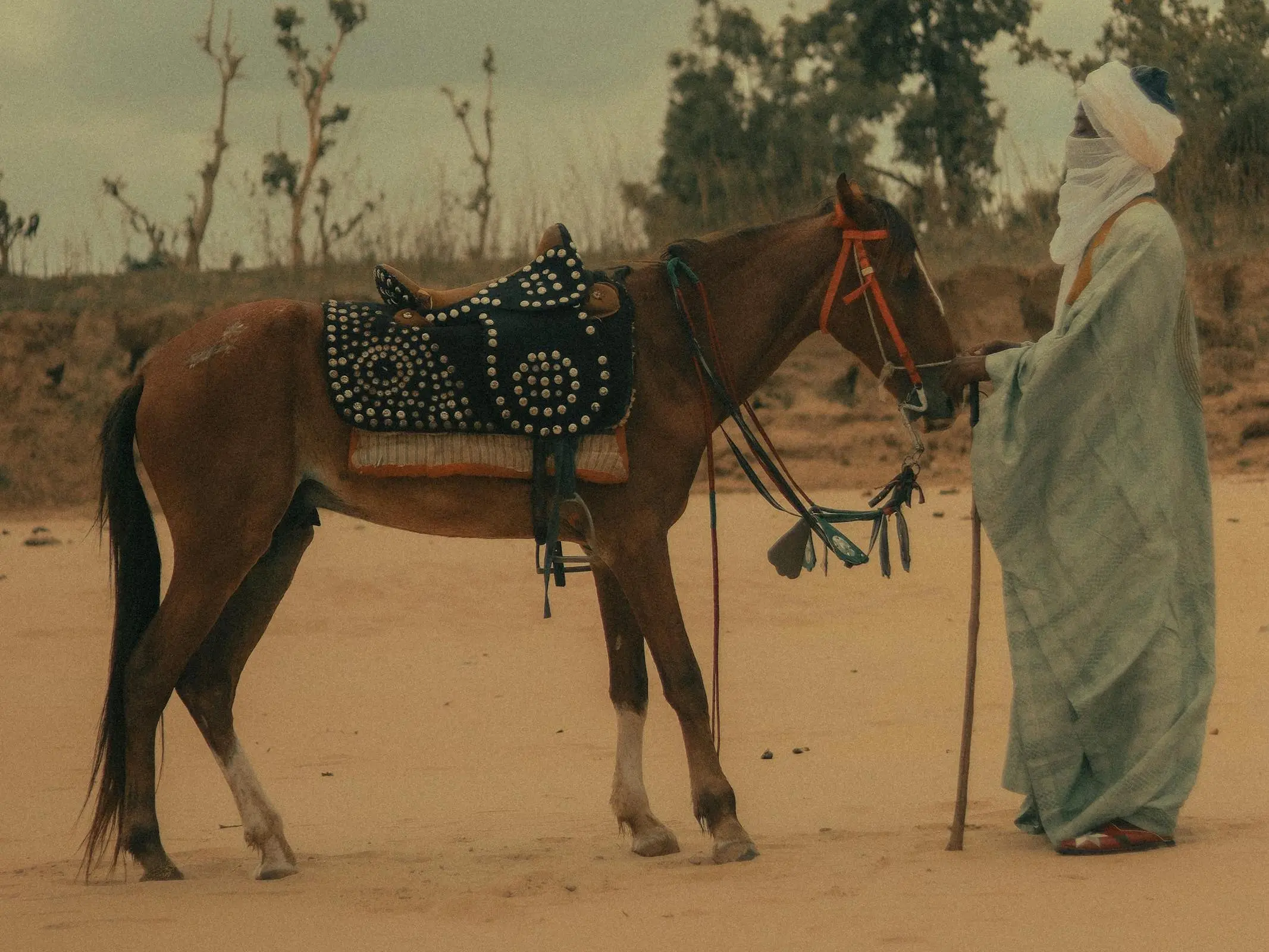 Bhirum Pony
Bhirum Pony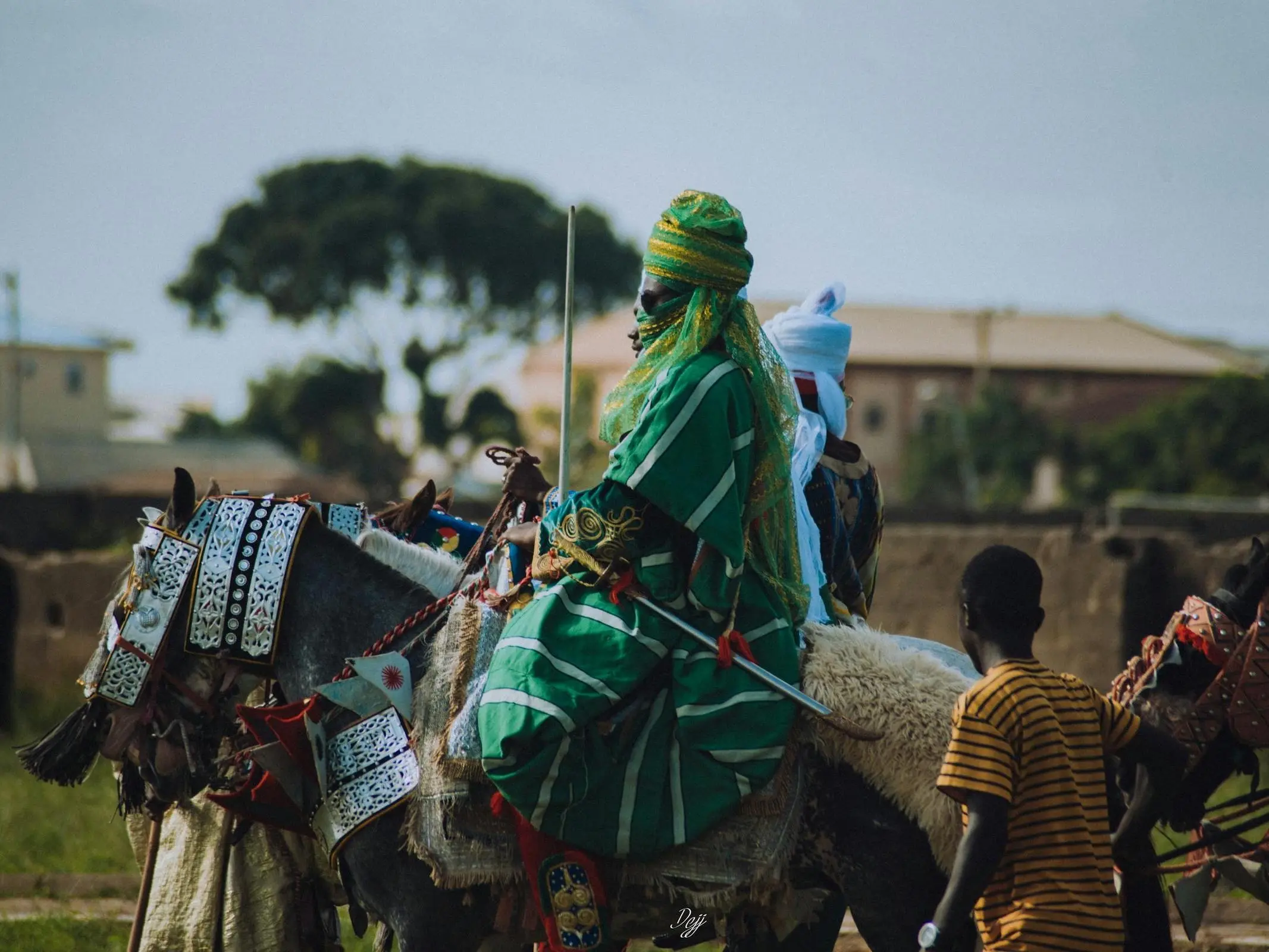 Bornu Horse
Bornu Horse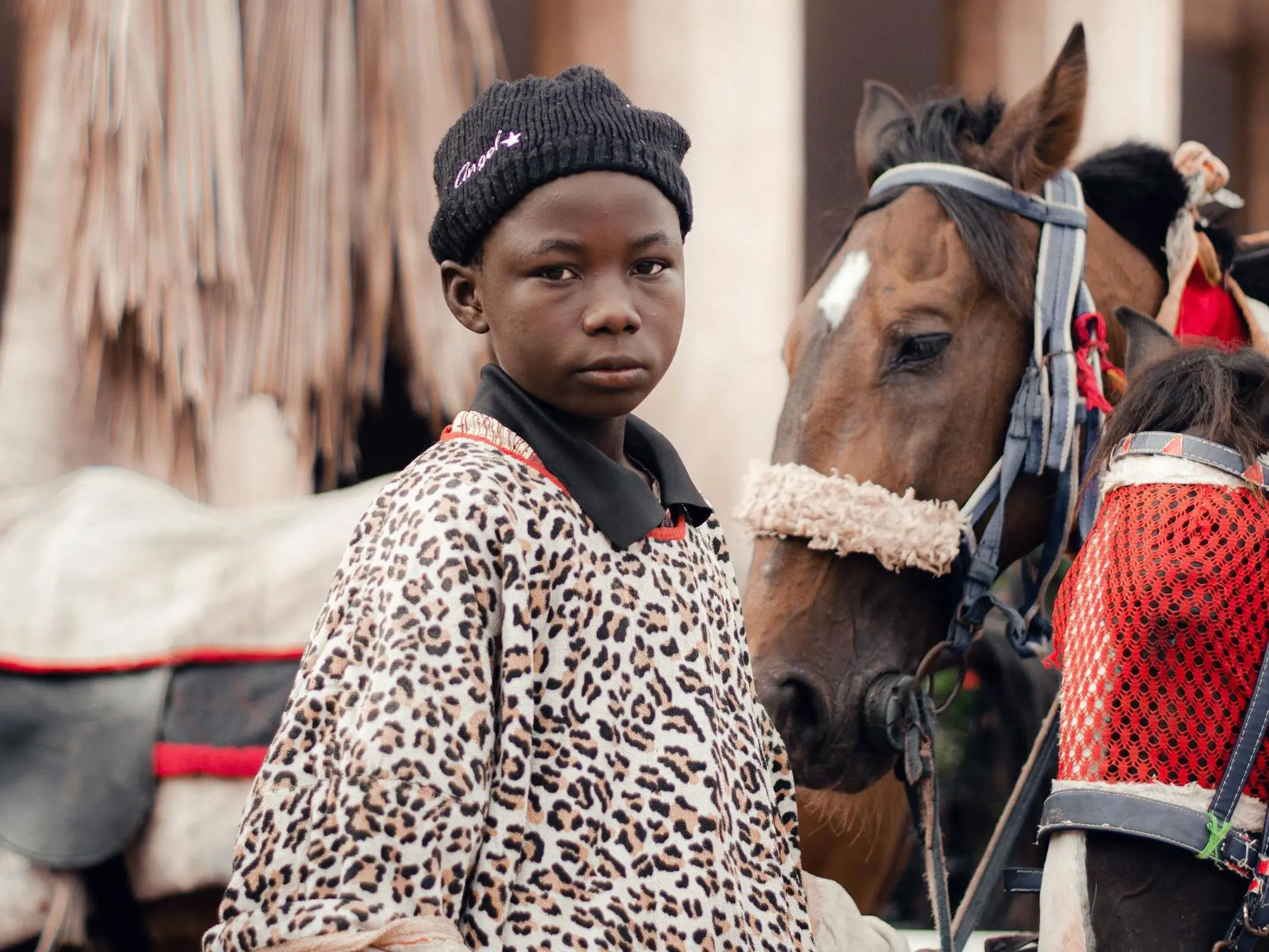 Chamba Pony
Chamba Pony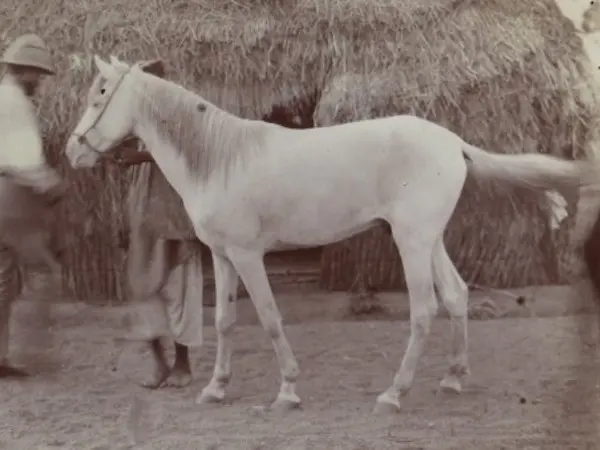 Piti Pony
Piti Pony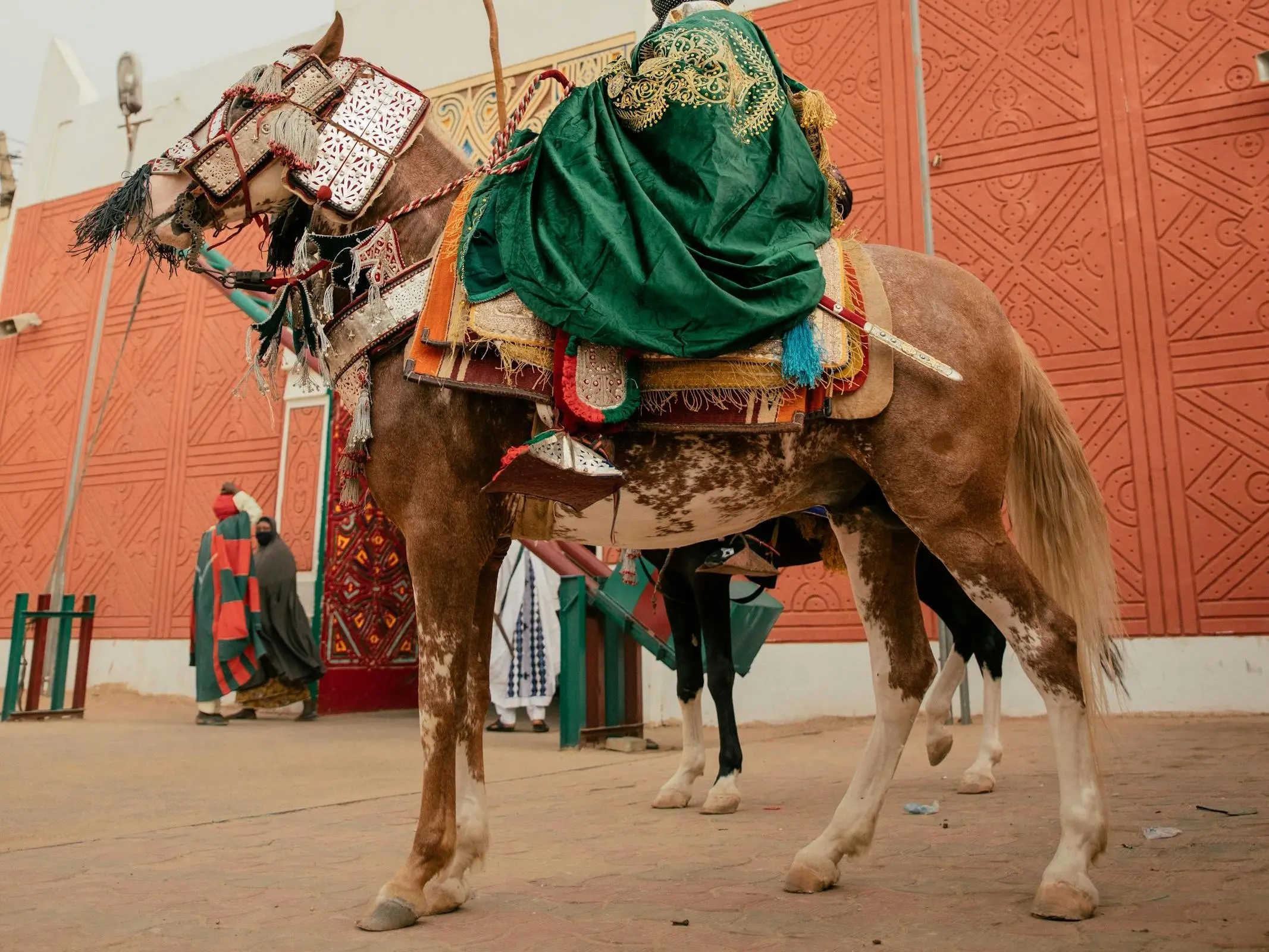 Sulebawa
Sulebawa